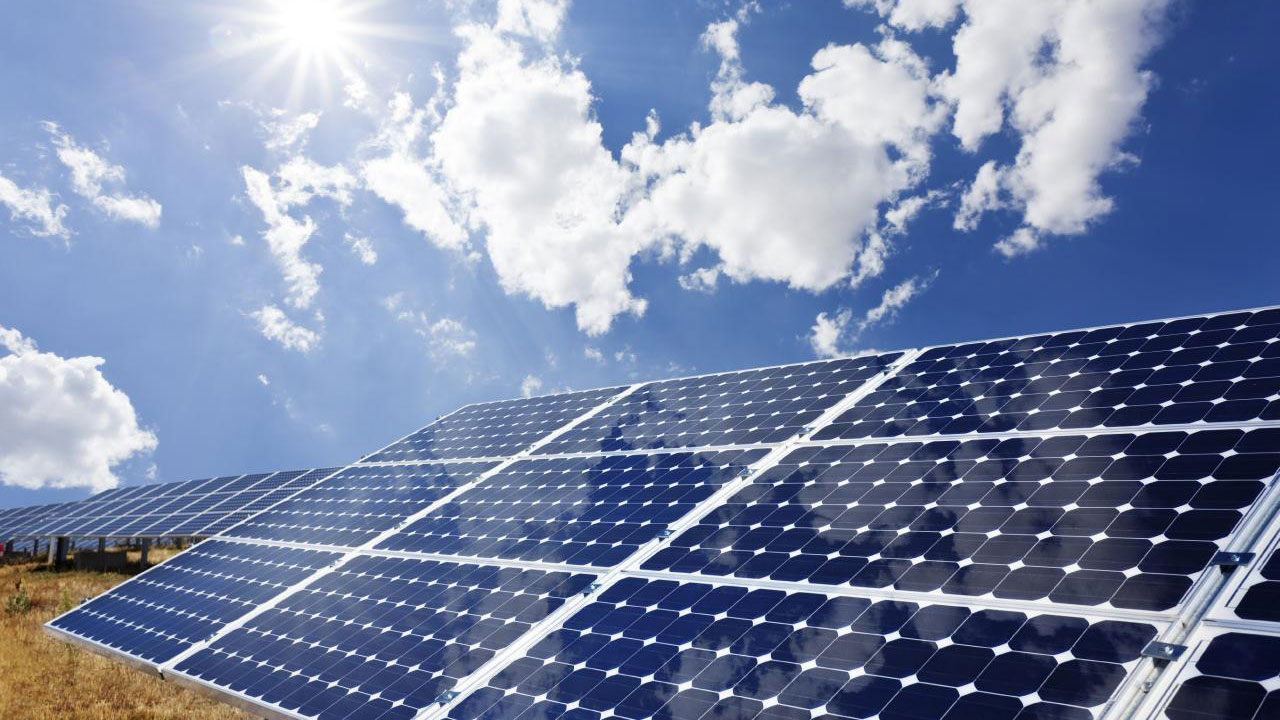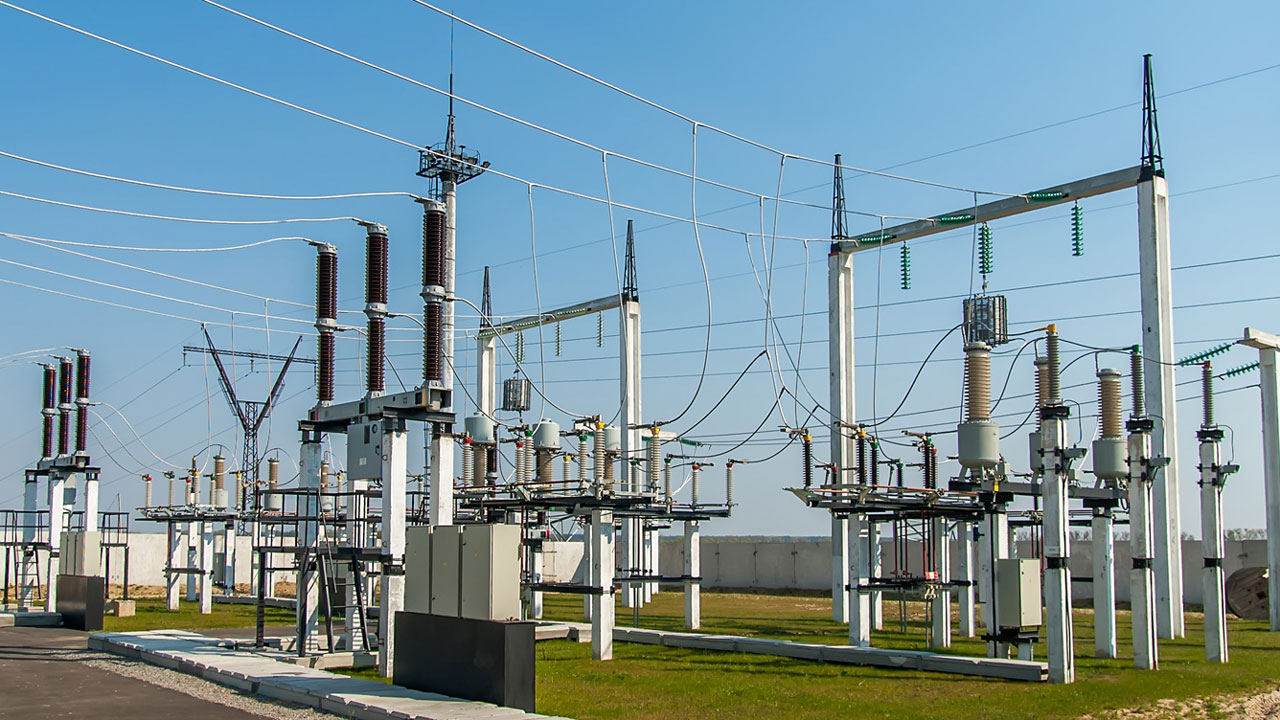Whereas the Federal Government had been campaigning across the world, encouraging foreign investors to tap into the nation’s energy crisis to deepen their footprints, prospective investors in renewable energy sector are seeking for clear legal frameworks that can support their interests.
Otherwise, prospective investors have expressed concerns about the lack of framework in the country’s renewable energy sector, insisting that lack of such remains a source of worry for the safety and legal security of their investments after all.
Visiting investors and already consummated partners in unison, made the call at the just concluded Nordic -Nigeria Connect, themed: ‘Innovating for Change.’
The meeting was organised by the Norwegian Embassy in support with the Sweden, Finland, and Denmark embassies.
In his remarks, the Country Manager, Equinor Nigeria, Heine Melkevik, explained that “Renewables in Nigeria have great potential especially in the areas of solar and wind, however the absence of a framework for the sector is a limitation for investors like them”.
“However, without a roadmap in the industry, finding ways to maximise and distribute energy from these sources would be challenging.
Continuing, Melkevik argued that “It is very important that this new industry should be regulated because it is necessary to have a national road map, like a framework on electricity and energy solutions, the pricing mechanism, financial, fiscal and political frameworks surrounding activities around the sector are the kind of big issues to be sorted out.
“For investors, nurturing the investment environment through guidelines to streamline operations is a good basis for collaborations to enhance win-win situations among the various partners, as without it, it would be difficult for investors to operate,” Melkevik noted.
Earlier, the Defence Secretary for the Embassy of Norway, Aida Ghebreselasie, revealed that “Norwegian investors are seeking to expand in areas like energy, seafood and shipping, and maritime, while the focus on energy is on renewable.
“This is because the viability has been supported by a lot of feasibility studies, with a lot of renewable energy actors in East Africa shifting focus to West Africa and Nigeria particularly.
On how Norway wishes to drive its footprints of investment, Ghebreselasie noted that even though it has interest in hydropower, “in terms of sustainability, Norway is planning to go from oil to gas and to renewable”.
Giving further insight in terms of innovation, the Finland Ambassador to Nigeria, Jyrki Pulkkinen, made it clear that “The importance of using technology to produce smart energy cannot be overemphasised, as it is not only about consumption, but making a smart grid where even the producers of such can sell back to the national grid.”
He added that the new deal will among other things, create a two-way energy grid system where operators of off grid solutions sell power to main grid operators and vice versa, to balance the energy needs and supply in different parts of the country.
According to him, “Globally, excessive reliance on renewables might not necessarily be good for the climate in the long run because of the emission of carbon monoxide, and in a country like Nigeria where the climate change is harsh; it won’t be too good”.
Participants at the meeting in unison, adopted the need for the Federal Government to immediately come up with a workable legal framework that would be designed to encourage growing number of consortia, individual companies and facilitators in renewable energy development in Nigeria.









